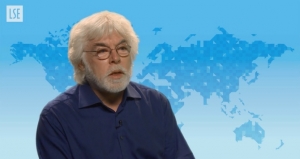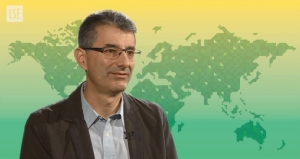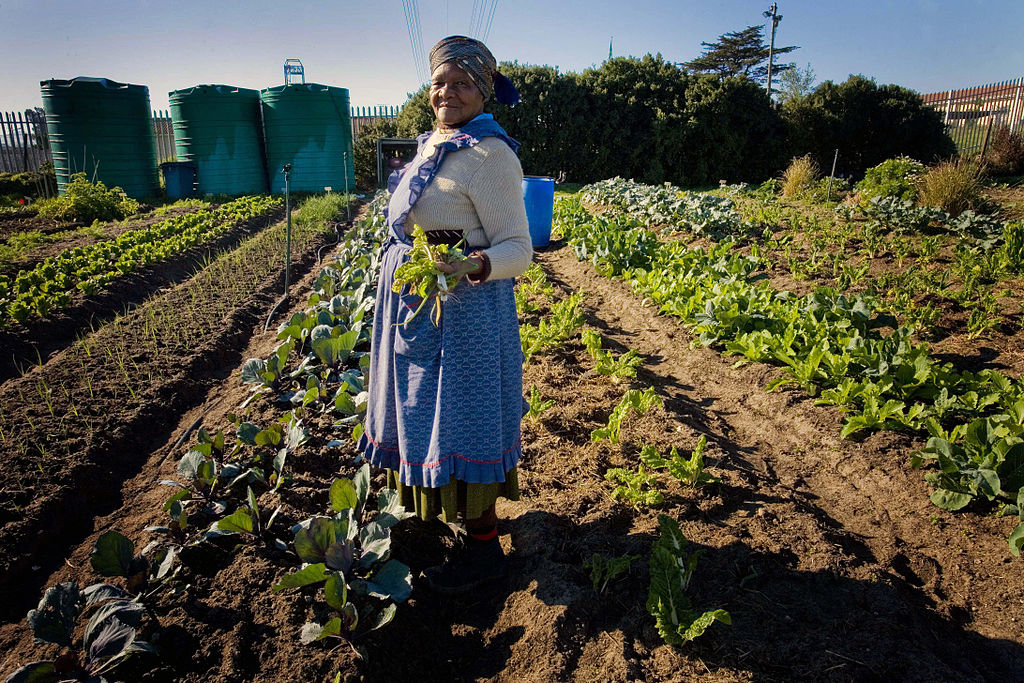Our final introductory video features the newest course offered by the Department – the MSc in African Development.
Are you currently a student on this programme? Perhaps you’ve taken the core units – African Political Economy or African Development? Would you recommend this to interested students? Let us know by leaving a comment below!
About the MSc African Development
We realised that there was tremendous expertise in the field of African Studies across the disciplines and across the departments at LSE. Our goal was to pull these together, and it also dovetailed with a project to expand the existing Africa initiative. It involves these teaching programmes as well as new research programmes and other kinds of external programming.
We have one core course for this MSc – it’s a 20-week course. Africa’s an old continent, it’s a very diverse continent, obviously a very large and complex continent – so the first 10 weeks have to do with geography, history, institutions, politics, thinking about Africa in the international system, and thinking about how to really understand African Political Economy within the regions and nations of sub-Saharan Africa. It’s a kind of foundational course that introduces a framework for thinking about African politics and African studies.
The second half of the core course is called African Development. It’s more policy focussed; it talks about the evolution of macroeconomic and sectoral economic policy in African countries over time; and also deals with some specific sectoral issues like health, education, industrial policy, we take up the question of agriculture…
In addition to the core course, the students will do one of the core foundational courses in international development. So, either the 20-week course that deals with development theory, policy, and history, or a 10-week course – it’s called Key Issues in Development Studies – coupled with a course in international political economy.
And then from there, the students will be able to select options either within the International Development Department or across a range of disciplines at the LSE – options for courses that either have to do with African economic history, or courses in geography, urbanisation, law, social policy, that are not specifically Africa-oriented but that have a bearing on the students’ interest in Africa.
The other thing the students will do that is distinctive is that they’ll write a Master’s report or Master’s dissertation that has to do with Africa, so that will be something that will really set the programme apart because it will be the dedicated research component that is focussed on Africa.
Admissions Criteria for the Programme
We’re very open in terms of the kinds of students that we hope to recruit for this programme.
- Students from the UK and Europe, but also students from North America, Asia, hopefully Africa, also Latin America and other parts of the world.
- People with undergraduate degrees in the social sciences and the humanities, maybe even the natural sciences also;
- People who are interested in furthering their studies in the field of African political economy and African development;
- People who have professional experience, and then maybe people who have developed an interest in Africa after some years out of school who are coming back.
Career Opportunities for MSc African Development Graduates
After the programme the students will have all kinds of opportunities open to them.
Of course, we hope that we recruit a substantial sub-population into PhD programmes that are in the social sciences and natural sciences or humanities that have to do with Africa.
But we also expect that many of the students will go to work in international organisations, maybe government positions, NGO work, work in the health sector, business, business analysis…
We’ll get a very, very diverse sort of student.
Learn more about our other courses
   |





